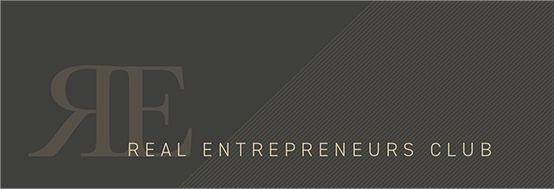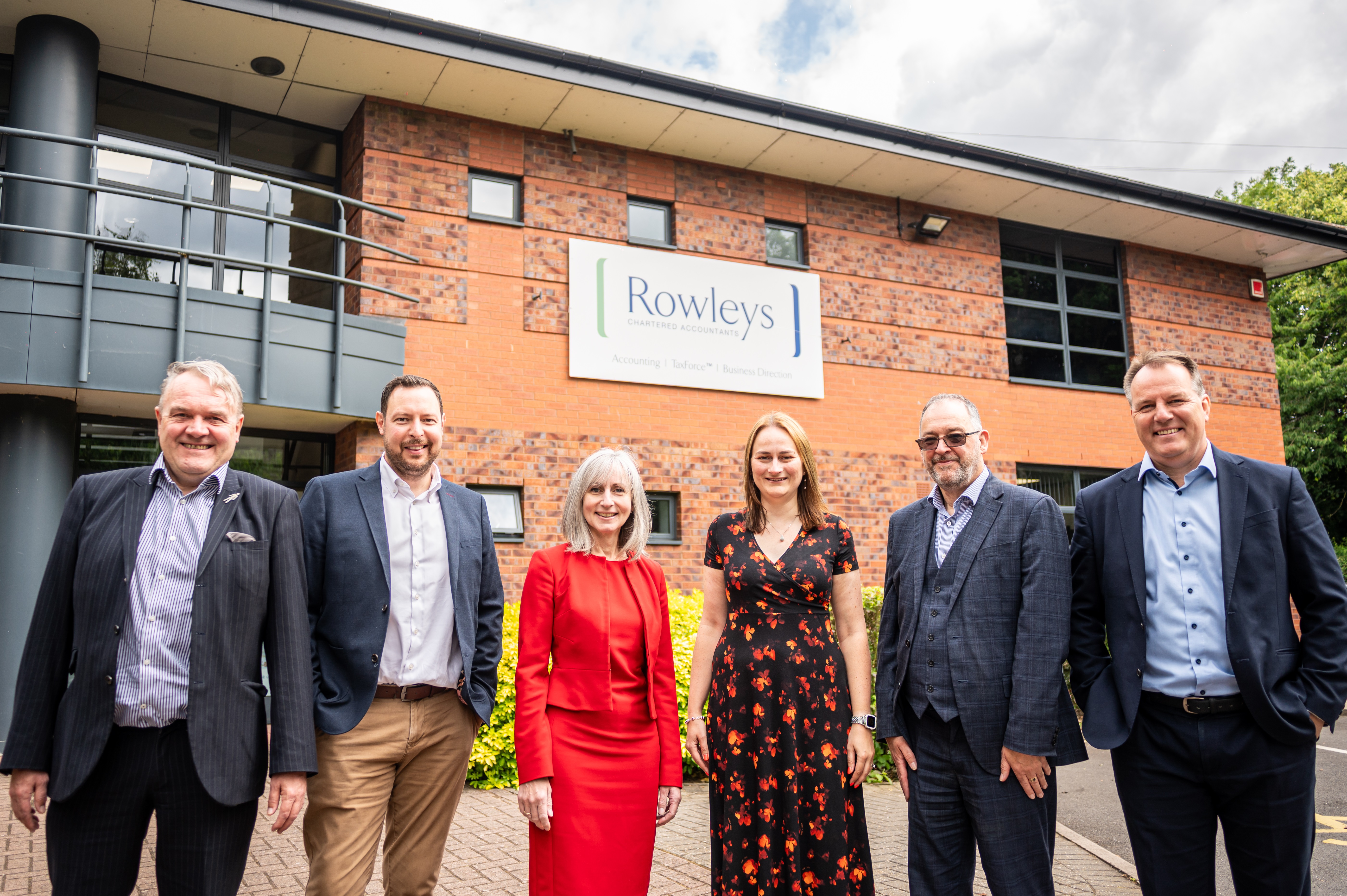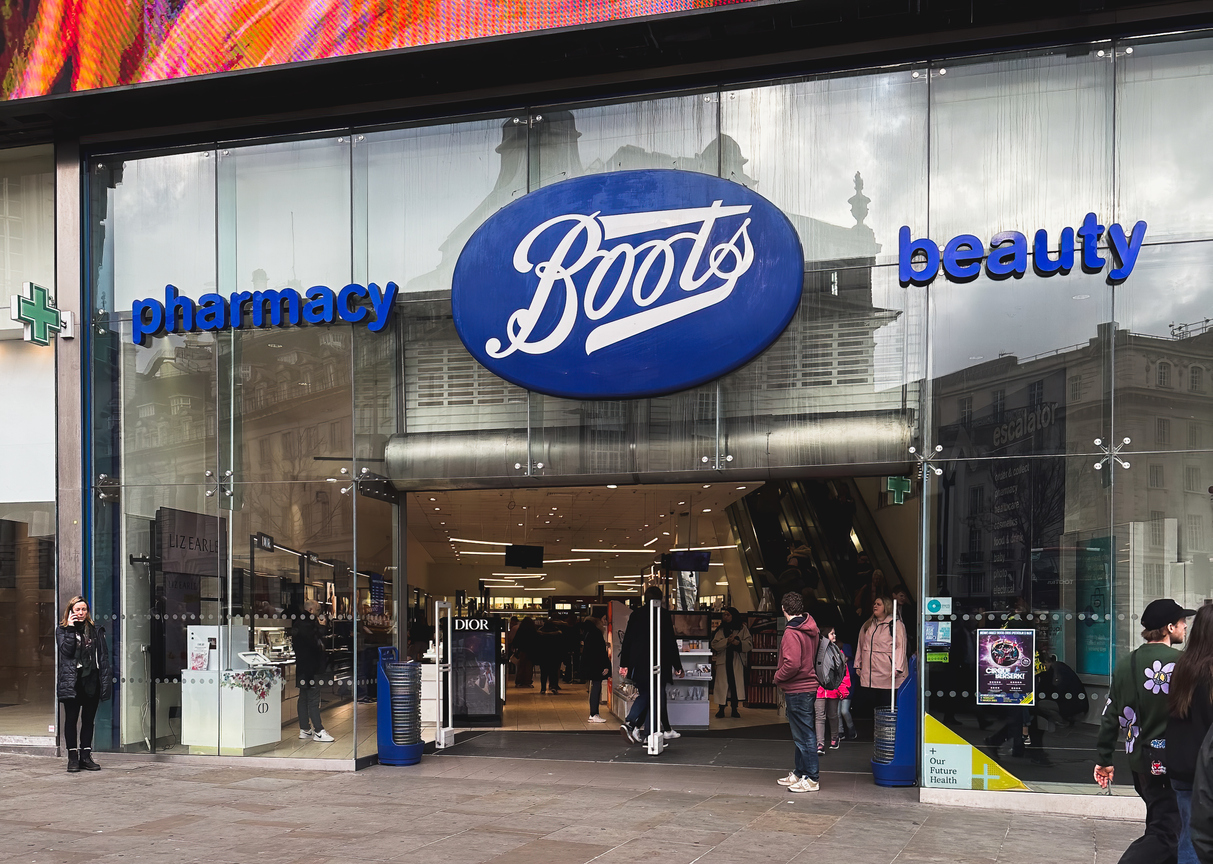Embarking on the journey to homeownership can be an exhilarating yet daunting experience, especially when it comes to securing mortgages for the self-employed and business owners
Unlike traditional employees, the self-employed and business owners face unique challenges when proving their income to mortgage lenders.
RNR Mortgages explains the proof of income requirements for the self-employed, ensuring you're well-prepared for your mortgage application.
Understanding the Basics:
Proving your income is a critical step in obtaining a mortgage. Due to the nature of their income streams, this process is a bit more complex for the self-employed and
business owners. Lenders need to be confident in your ability to maintain consistent earnings.
Key Documents Required:
1. Tax Returns (SA302):
Most lenders request your SA302 forms and the corresponding Tax Year Overviews. This document, issued by HMRC, shows your total income declared and the tax due. Typically, lenders will look at the last two or three years of SA302 forms to assess income stability.
2. Accountant’s Certificates:
Some lenders might ask for an accountant’s certificate. This document, prepared by a certified or chartered accountant, confirms your earnings.
3. Business Accounts:
If you operate a limited company, you may need to provide your business accounts. Lenders often look at the salary and net profits of these applicants. A few lenders can consider salary and net profit before corporation tax.
4. Bank Statements:
Personal and business bank statements can be requested to corroborate the income figures declared.
Understanding Lender Variations:
It's important to note that different lenders have varying criteria. Some may be satisfied with one year of income evidence for new businesses, while others might require up to three years. This variability emphasises the importance of researching and possibly consulting a mortgage broker, like us at RNR Mortgages, to find a lender that best suits your situation and circumstances.
Tips for a Smooth Application Process:
Organise Your Documents:
Ensure all your financial documents are up-to-date and well-organised. This can expedite the application process.
Consult a Specialist and Professional Advice:
Consider seeking advice from a mortgage broker specialising in mortgages for the self-employed and business owners. They can guide you towards lenders with favourable terms for your situation. At RNR Mortgages, we specialise in guiding self-employed individuals and business owners through the mortgage application maze. Our expertise in this niche market means we're well-equipped to simplify the process for you. Partner with us, and we'll bring you closer to your home ownership aspirations and ensure the journey is seamless and straightforward. Plus, stress-free, hassle-free and anxiety-free.
Plan Ahead:
If you plan to apply for a mortgage, it’s advisable to start organising your finances well in advance. Planning six, twelve, or even 24 months in advance can help.
Conclusion
Securing a mortgage as a self-employed individual or a business owner requires thorough preparation, particularly when proving income. Understanding what documentation is needed and getting your financial affairs in order can enhance your chances of a successful application.
Remember, every lender is different, so don’t be disheartened if one lender’s criteria don’t fit your circumstances. With the right approach and assistance, the dream of home ownership can be within your reach.




